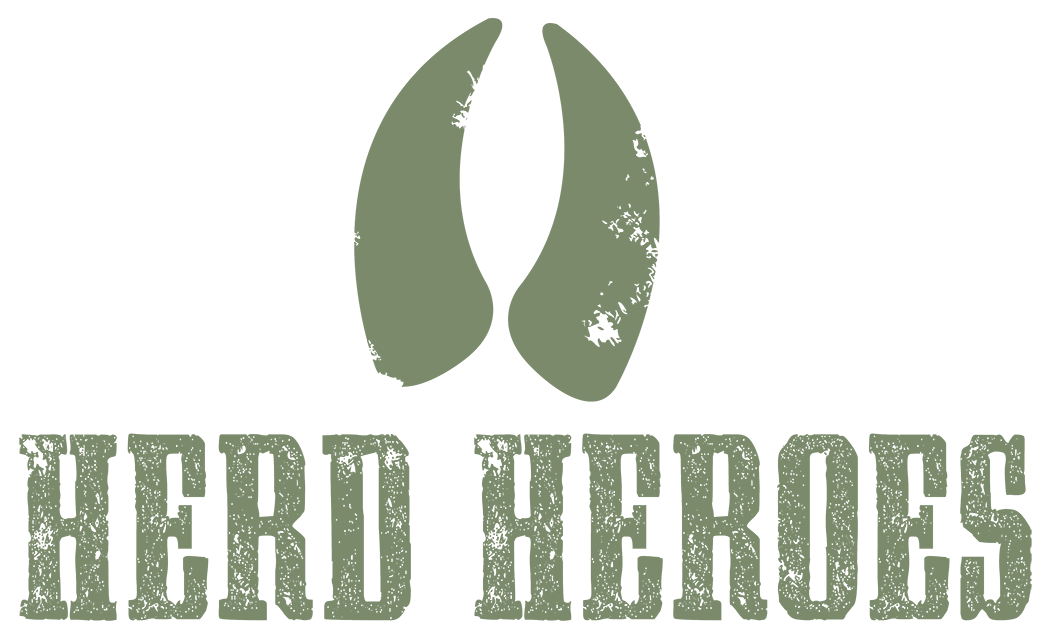Veterinary partnership can help increase animal productivity and provide training to CAHWs to recognize emerging animal health threats
Veterinary Partnership
In rural Haitian communities, access to health care for livestock to control sources of reduced productivity, such as parasitic and infectious diseases, is limited. Many large aid organizations with expertise in economic development have concluded that healthy and productive livestock are essential to food security and poverty alleviation, and that improving the genetics, veterinary care, and welfare of livestock is a critical component of improving livestock productivity. A cornerstone of our program is training local Community Animal Health Workers (CAHWs) to provide basic preventative health care and recognize sources of reduced productivity.
The role of the CAHWs can be strengthened by regular interactions with veterinarians in order to monitor emerging animal health concerns such as antiparasitic drug resistance and response to natural disasters. Also, breeding to select for fertility, hardiness, and maximal growth rates is one of the essential strategic goals in improving livestock productivity in Haiti.
As a team, we travel to Haiti twice yearly to provide training and support for the CAHWs and monitor their progress on certain metrics, such as reproductive efficiency targets. We recognize the importance of the CAHWs, as they are essential to providing routine and emergency care to the animals, and will ensure the long-term success of any livestock improvement program.
We welcome your comments, questions, or any other feedback.
christine.adreani@herdheroes.org


